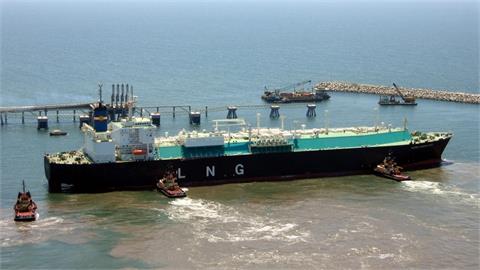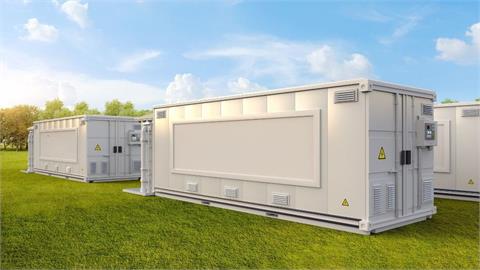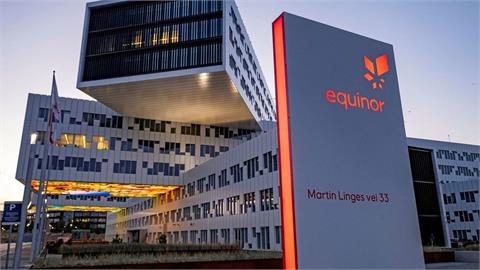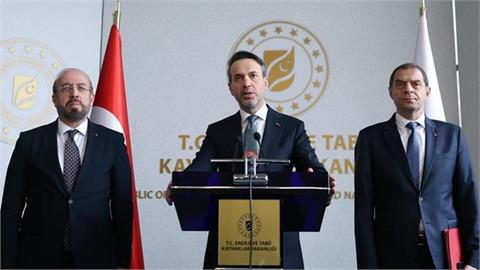Russian billionaire Mikhail Fridman has threatened legal action against the British government over its plans to block his bid to buy a clutch of gasfields in the North Sea.
Mr Fridman’s investment vehicle LetterOne Group is acquiring RWE Dea, the oil and gas arm of Germany’s RWE, in a €5bn deal due to complete on Monday. The businessman is creating a new group called L1 Energy to be chaired by former BP chief Lord Browne, which will build on the Dea assets to create a global oil and gas company.
But Dea’s ownership of the North Sea gasfields has turned into an obstacle to the deal. The Department of Energy and Climate Change said over the weekend that it would block Mr Fridman from buying the UK assets from RWE.Ed Davey, energy secretary, cited fears over the effect on UK oil and gas production of any tightening of sanctions against Russia. He said the companies’ proposal to keep the North Sea fields separate from LetterOne Group’s other energy businesses for several years had failed to alleviate his concern over the possible effects on their "continued operation”.
A government statement said: "If the proposed acquisition were to proceed in its current form, he [Mr Davey] would be minded to require the companies to arrange for a further sale to a suitable third party.”
The dispute is a setback for Mr Fridman, who has built up a fortune in Russia and is now seeking to diversify into other markets. His alliance with Lord Browne, one of the most respected figures in the global energy industry, is pivotal to those efforts.
The UK’s warning is the first time a western government has publicly intervened in a corporate transaction because of concerns over sanctions against Russia being tightened and underlines how Russian businessmen are being caught in the crossfire between the west and the Kremlin.
However, RWE and LetterOne believe they have a plan for dealing with the risk posed by future sanctions. LetterOne said eight authorities, including the EU, Germany and Ukraine had approved the deal.
"The UK is the only government to oppose the transaction formally,” it said. "L1 Energy reserves all its rights regarding the Department of Energy and Climate Change decision on this issue including, if a decision is issued, to challenge it as being unlawful.”
RWE and LetterOne have proposed that the UK business be operated by Dea but monitored by a separate entity registered in the Netherlands. The foundation would assume full control of Dea’s North Sea business if sanctions were imposed on Luxembourg-based L1 or its owner.
RWE confirmed on Sunday that it would buy back the UK business if EU or US sanctions were imposed within a year of the deal being completed. The UK’s decision did not affect Monday’s completion.
LetterOne said the UK energy department had "effectively excluded” L1 Energy from acquiring energy assets on the UK continental shelf. Its fund intended "to continue Dea’s commitment to the North Sea, and where possible to expand this commitment”.
It added that Dea had invested $1bn to date in the fields, which account for 3-5 per cent of UK gas production, and planned to invest $450m over the next three years "in a province from which many companies are disinvesting”. The Breagh and Clipper South fields are the biggest assets.
However, a Whitehall insider said the problems that might arise if the deal went ahead and sanctions were imposed would be "enormous”. Thirteen fields would be affected, of which Dea UK is the operator of five. Twelve are producing.
"All of these fields would likely be shut in with serious health and safety and environmental risks,” said the official. For the five Dea-operated fields, the government would probably need "to confront these risks directly”.
(Financial Times)



